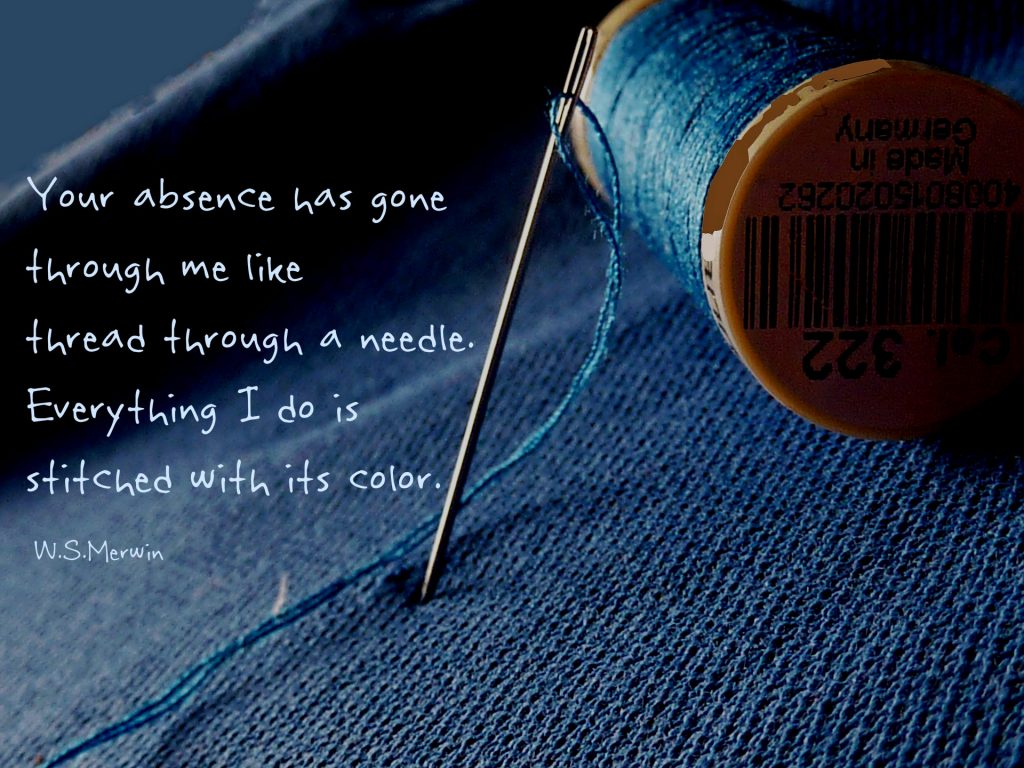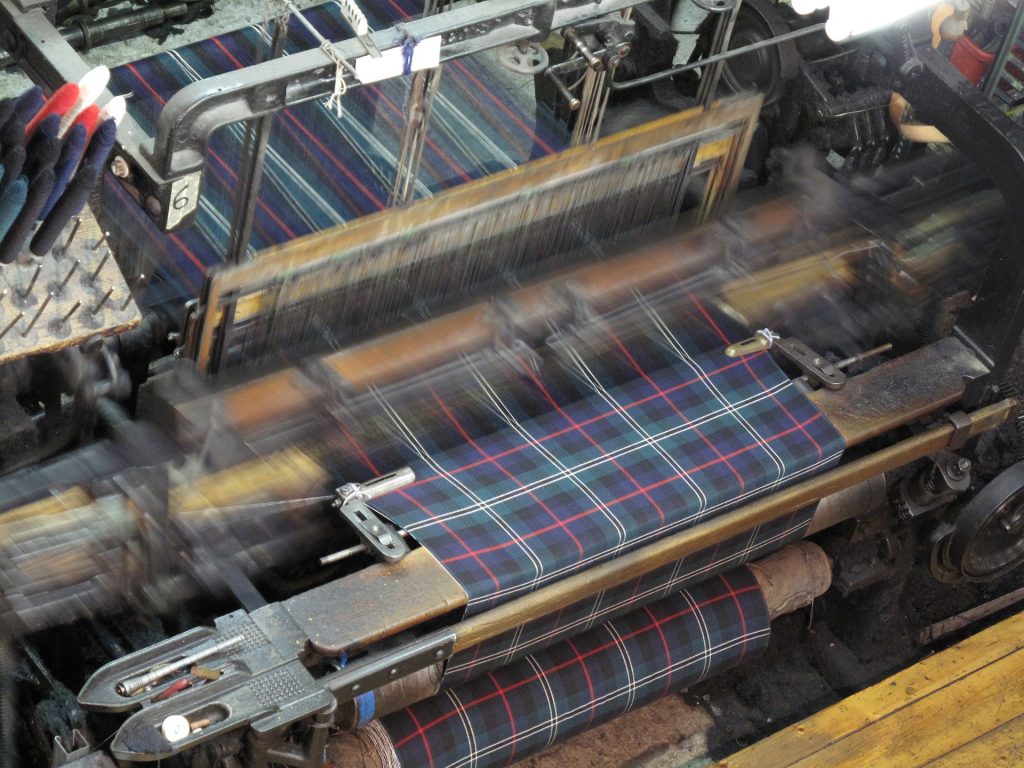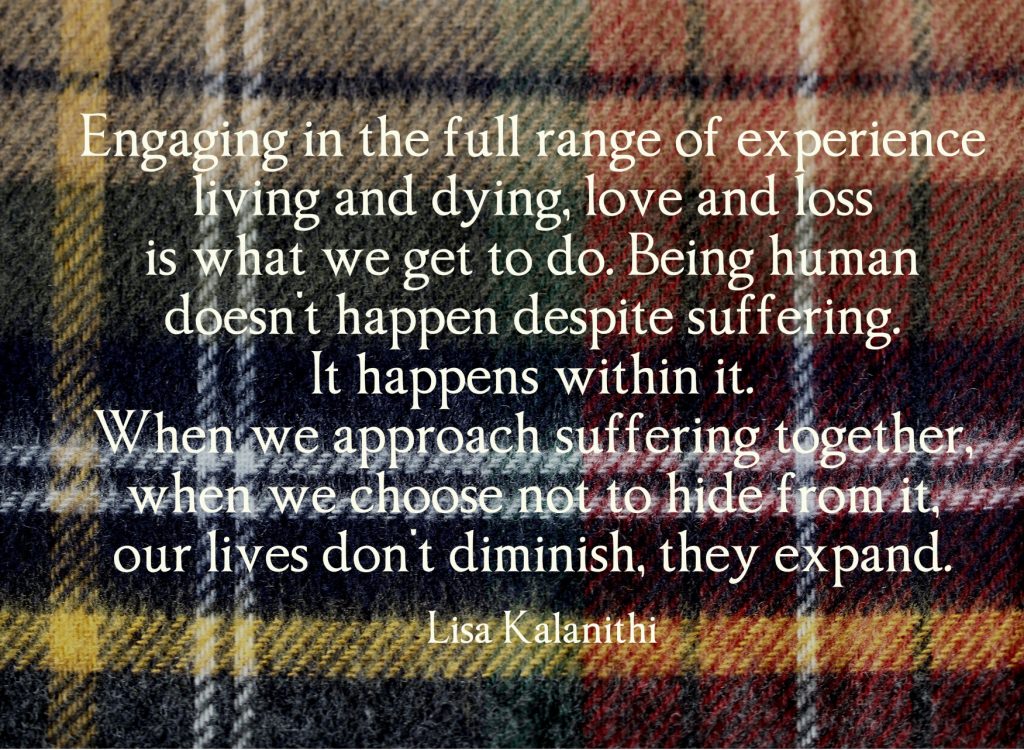Exactly two dozen years ago today was the very worst day of my entire life.
No, that’s not melodramatic. That’s the absolute truth.
That was the day that I found out that the little, precious lives inside of me had ended. Mine may as well have ended too…or so I thought at the time.
I had been on total and complete bedrest. The bed was on an incline so that my feet were higher than my head, twenty four hours a day, seven days per week. It was terribly difficult…but I was hoping to continue the hard for weeks more. I had fought hard to give these little incubating boys the time they needed to make it on the outside alive.
My two little sons were born hours after they died.
I held their beautiful and perfect lifeless bodies, knowing that, after a time, the nurse would come to take them away. I wanted to memorize their tiny fingers and the wee-ist toes. I tried to find a way to make the time of cuddling these silent children of mine last. I wanted to remember it for the rest of my life. (A tall order, I might add, considering the medication I was on at the time).
My heart was broken.
Shattered even…and I was convinced at the time, beyond repair.
The entire world, as far as I was concerned, had shifted. All my life I had yearned for this pregnancy. We were living in the United States with a different health care system for a couple of years for grad school that didn’t allow for health coverage for a pregnancy. That had increased the drive to fever pitch as I waited for graduation and a move back to Canada. This pregnancy had been dreamed of for decades, ever since I was a little girl…and now we buried not one–but two babies.
I was lost. I was confused. So deep in a pit of sadness, I was pretty sure I would never emerge.
The memorial service for these two silent sons was on Saturday. Sunday we woke up to the world celebrating Father’s Day.
Father’s Day felt like a slap in our faces that year.
I walked around like a zombie for weeks, not sure what my purpose was, if I wouldn’t be a mother to these children. Simple things I had always loved to do were now impossible. Reading didn’t work–because the words wouldn’t register in my brain. TV seemed completely stupid…sitcoms and detective stories seemed so contrived and trivial now. I had just moved to Winnipeg, so I didn’t have a job. Friends and family came by and sought to be supportive…but they couldn’t say or do anything to touch the hole their deaths left.
I felt lost.
The colour in my life drained out…I felt like I lived in greys.
I thought life like would be like this forever. It was my first huge life devastation.
I didn’t know then what I know now:
Color would return. Laughter would became natural, even normal. Life is rich. Life would be joyful again.
Not because the grief for these boys of mine was over…but because the grief had been incorporated into the fabric of my life.

Things became more precious because I understood the fragility of life.
When my first live son cried out loud and then kept breathing, it was miraculous. I would watch him breath, and marvel at his squirm, as I would sing lullabies.
There were days of parenting preschoolers when they threatened to drive me over the edge with the tantrums and the wiping of tables, counters, floors and car seats. I would remember how blessed I was to have kids who could create crumbs, spills and puke.
When my husband declared, after 17 years of marriage, that he couldn’t be married anymore, I felt the Mac truck of grief. But I knew already that grief doesn’t kill–it only feels like it will.
Their lives–and deaths–of my first borns taught me that life is a swirl of joy and loss, of confusion and clarity, and celebration and mourning.
Their lives–and deaths–taught me to be a better therapist. I can remember the fear and lostness that loss brings. I know the struggle it is to let others reach in and connect at a time when every cell longs to run away and hide from everybody. I know how it feels like there is no hope, and that feeling lasts a scarily long time before the edges of hopelessness gradually wear thin.
Life is best lived when we recognize it as a beautiful plaid. The painful, loss experiences weaving in and out, over and under, with the everyday humdrum of life as well as the jubilant moments that have our souls soar. The intersection of these experiences creates yet different shades of richness as they overlap.

In a way I never would have expected, I’ve come to see how the deaths of my two oldest children shaped me. Though I didn’t sign up for it, I became what Henri Nouwen calls, “A Wounded Healer”.
I still don’t welcome suffering. However, I have come to recognize that my own growth has happened most during the times in my life when I have experienced great difficulty. It gives me confidence to sit with clients who are in despair. I know that this time in their lives will likely reflected upon, in the future, as a time of insight and expansion.
A few weeks ago, I listened to Lucy Kalanithi’s TEDMED 2016 talk. I loved reading her husband, Paul’s book, When Breath Becomes Air. It was written by a neurosurgeon after his diagnosis of terminal cancer. Lucy says, as they were considering getting pregnant:
I remember asking Paul if he thought having to say goodbye to a child would make dying even more painful. And his answer astounded me. He said, “Wouldn’t it be great if it did?“ And we did it. Not in order to spite cancer, but because we were learning that living fully means accepting suffering.
I love how Lucy Kalanithi plans to talk to her daughter, Cady, about life, loss, and her daddy:

I’m missing my still born sons today…but I’m not only missing them.
I’m celebrating my sons today.
I’m celebrating how delicious it was to hold them in my arms for an hour, but in my heart for a lifetime. I’m enriched by what they taught me, not only in my excitement of expecting their births, but in mourning their deaths. I’m honoured by how they have me treasure the goodness of my Junior Tribe Members’ aliveness–even when I want to throttle them! And I’m grateful for how they have woven themselves into how I see the world more compassionately and gently.
Take a peek at Lucy Kalanithi’s whole talk?






Write a Comment